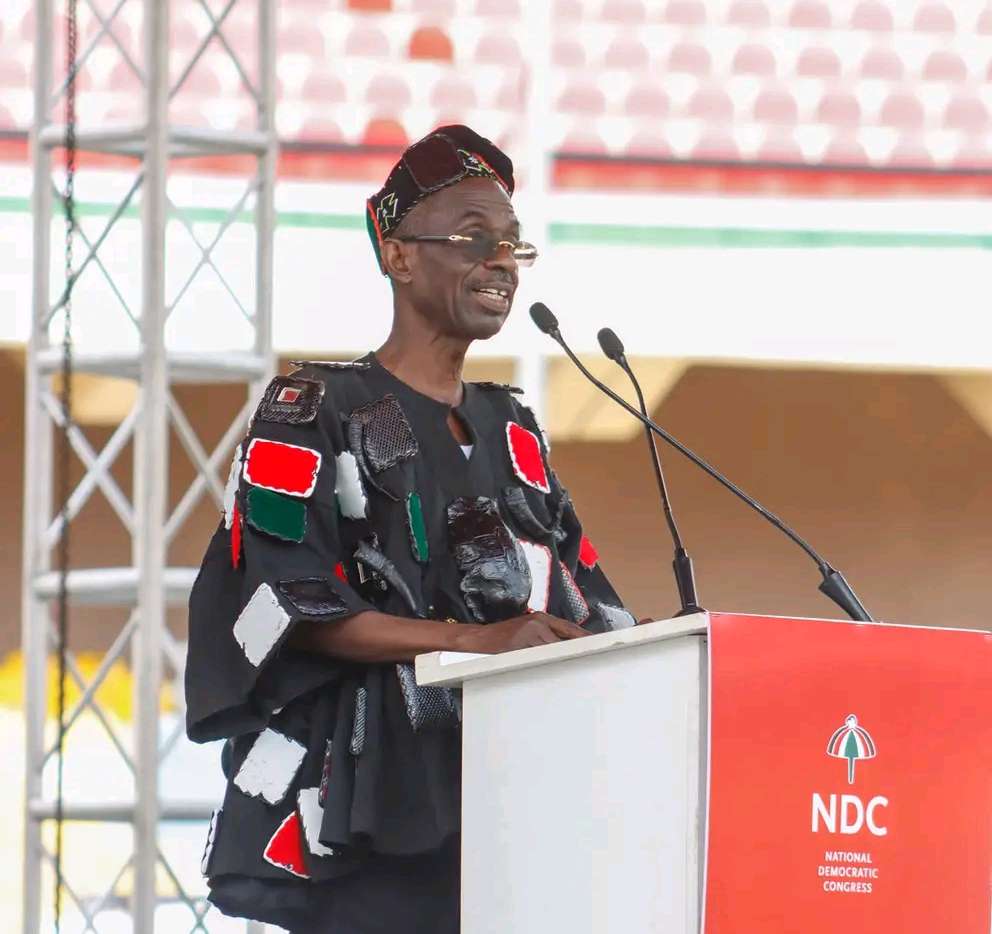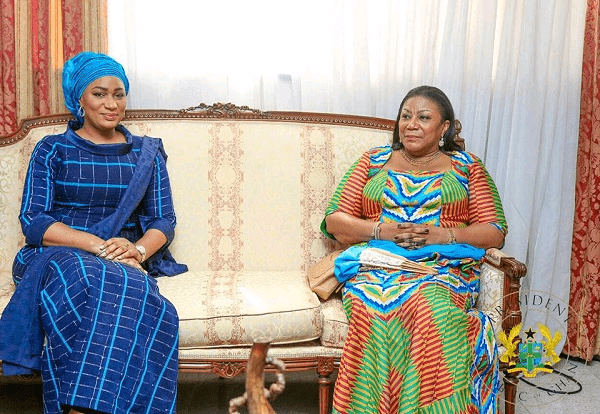The Supreme Court has ruled that Parliament’s decision to approve salaries for the wives of the President and Vice President is unconstitutional.
The court declared that this approval is inconsistent with the 1992 constitution, as the first and second ladies do not hold public office.
The ruling came in response to a suit filed against the Attorney General in July 2021 by Kwame Baffoe, the Bono Regional Chairman of the New Patriotic Party (NPP), popularly known as Abronye.
Among other things, the NPP Chairman was seeking a “Declaration that per Article 71(1) and (2), the positions of the ladies do not fall under the category of Public Office holders.”
The writ added that “… Per Articles 108 and 178 of the 1992 Constitution of the Republic of Ghana: Parliament, cannot on its own accord, initiate or approve payment of any such emoluments which would necessarily be paid from public funds, without a bill to that effect emanating from and introduced by the Government and duly passed into law.”
The Supreme Court has ruled in favor of Kwame Baffoe, also known as Abronye, the Bono Regional Chairman of the New Patriotic Party (NPP), in a case challenging the payment of salaries to the wives of the President and Vice President. The court declared that Parliament’s approval of these salaries is inconsistent with Article 71 clauses 1 and 2 of the 1992 constitution of Ghana, and therefore null, void, and unenforceable.
A seven-member panel of the Supreme Court, led by Chief Justice Gertrude Araba Esaaba Sackey Torkornoo, granted three out of the four reliefs sought by Abronye. However, his fourth relief, which questioned Parliament’s authority to initiate or approve such emoluments without a bill from the government, was not granted.
Meanwhile, a similar action filed by National Democratic Congress (NDC) Member of Parliament for South Dayi Constituency, Rockson-Nelson Dafeamekpor, was partially dismissed. Only one of his reliefs was granted, while the rest, which focused on the recommendations of the Professor Yaa Ntiamoa-Baidu Committee, were dismissed.
The panel of the Supreme Court that heard the case included Justices Gabriel Pwamang, Avril Lovelace-Johnson, Henrietta Mensa-Bonsu, Barbara Ackah-Yensu, Samuel Kwame Adibu Asiedu, and Ernest Yao Gaewu.
tigpost.co














